But for a small Chinese girl, as much as I adored some of these characters, there was a lack of characters who looked like me. Sure I could strive to have the patience, grace, and empathy that Sara Crewe personifies, but I wanted a character who I could look in the mirror and see myself in. For me, I wanted to read about an Asian heroine.
This is why I am proud and excited to say that with the growing racial discussions, there has been a deliberate demand for the voices and stories of authors of every ethnicity. Now, as I explore the YA section of my library, I smile, because I know that we are offering children even more characters to see themselves in, we are giving them characters who not only overcome, but who understand them, who look in the mirror and have faces that reflect our own.
As a disclaimer, though I am pleased to see many books featuring POC’s emerge, it is equally important to raise awareness of the struggles that aren’t limited to skin tone, so this list compiles YA books featuring characters of various ethnicities and backgrounds, that I have personally read and recommend.
*Regarding Content Warnings: It may be beneficial to search up these books in sites such as The Story Graph and review what content warnings are included to reflect if it is a book suitable for you personally.*
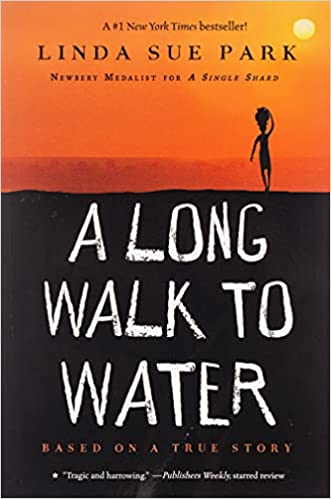
A Long Walk to WaterFollowing two separate stories in Uganda and Sudan, Nya and Salva both take long walks for survival - Nya for water from a dirty watering hole, and Salva to a refugee camp in the wake of violence. In two different times and places, their shared search of water connects them.
Content Warnings*
Death
Brutality
 Amal Unbound
Amal Unbound
Amal lives a poor but cheerful life in her village in Pakistan. But when she says the wrong thing to the richest man in the village, she finds herself forced into indentured servitude. With the house staff, she must find a way to prosper even under his harsh expectations and encompassing presence.
Note: Though this book handles indentured servitude, it does so in a way appropriate to middle schoolers. Other than the endless work the “staff” is subjected to, Saeed, the author, does not explore other aspects of indentured servitude, providing a safe understanding of servitude without many of the intense horrors that can accompany this human abuse.
Content Warnings*:
Child Slavery
Indentured Servitude
Mentions of Murder
 Boys Without Names
Boys Without Names
Gopal, in an attempt to help provide for his family, takes a job that brings him to the top floor of an old building complex where with 5 other boys, he is required to make frames all day. Unable to contact the outside world, the boys can’t tell each other their names but find refuge in their shared stories.
Note: I was unable to find the complete list of content warnings, so please heed with caution.
Content Warning*:
Child slavery
Kidnapping
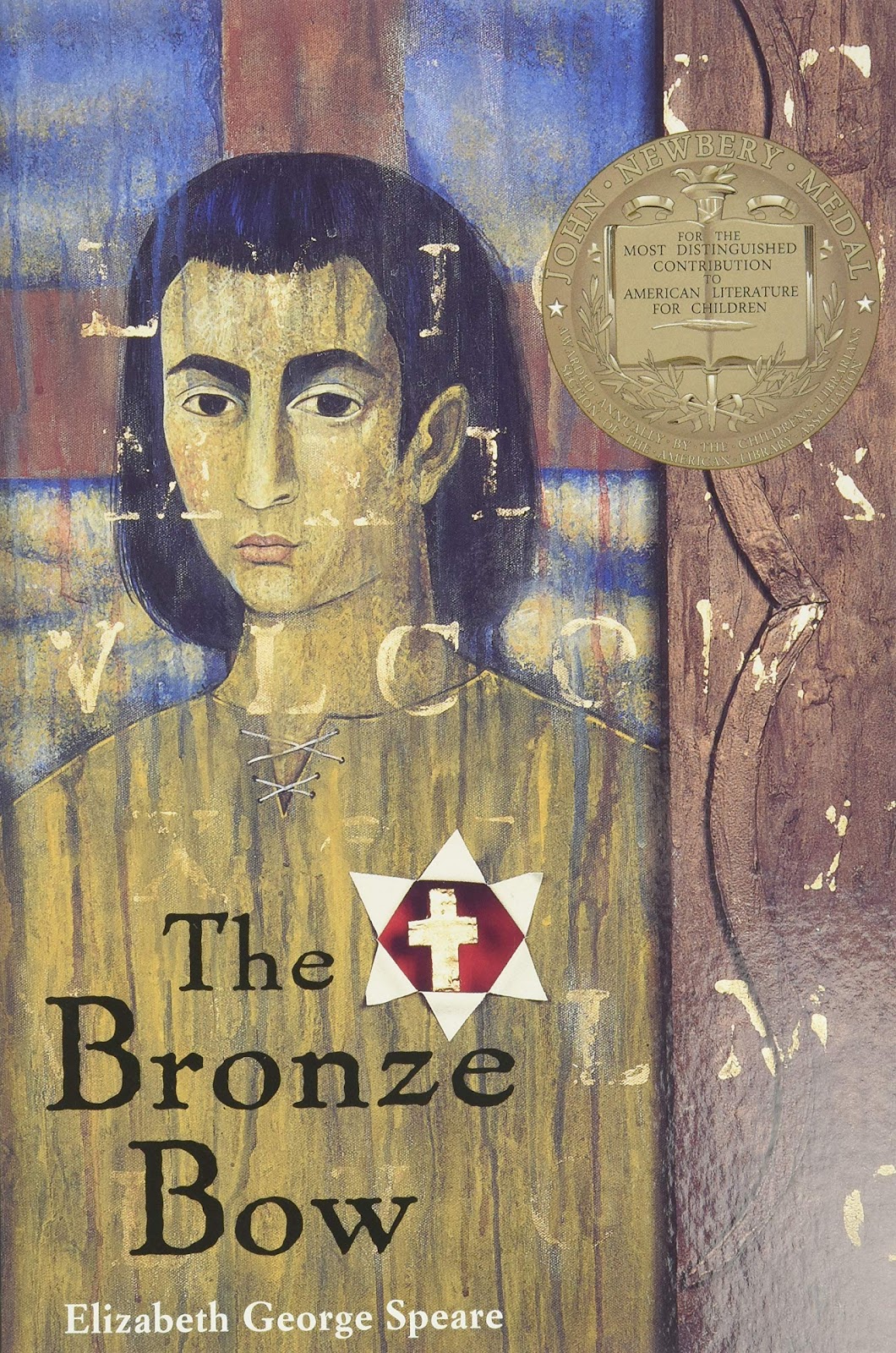 The Bronze Bow:
The Bronze Bow:
After seeing the Romans brutally killing his father, Daniel is determined to destroy the Roman Empire and joins a rebellious group with high hopes and questionable ways to achieve their goals.
Notes: It’s been years since I read this book and I couldn’t find the content warnings easily. So please heed with caution. It takes place in first-century Galilee in the time of the Roman Empire, so some amount of stereotypical Roman brutality is featured.
Content Warnings*:
Death
Brutality
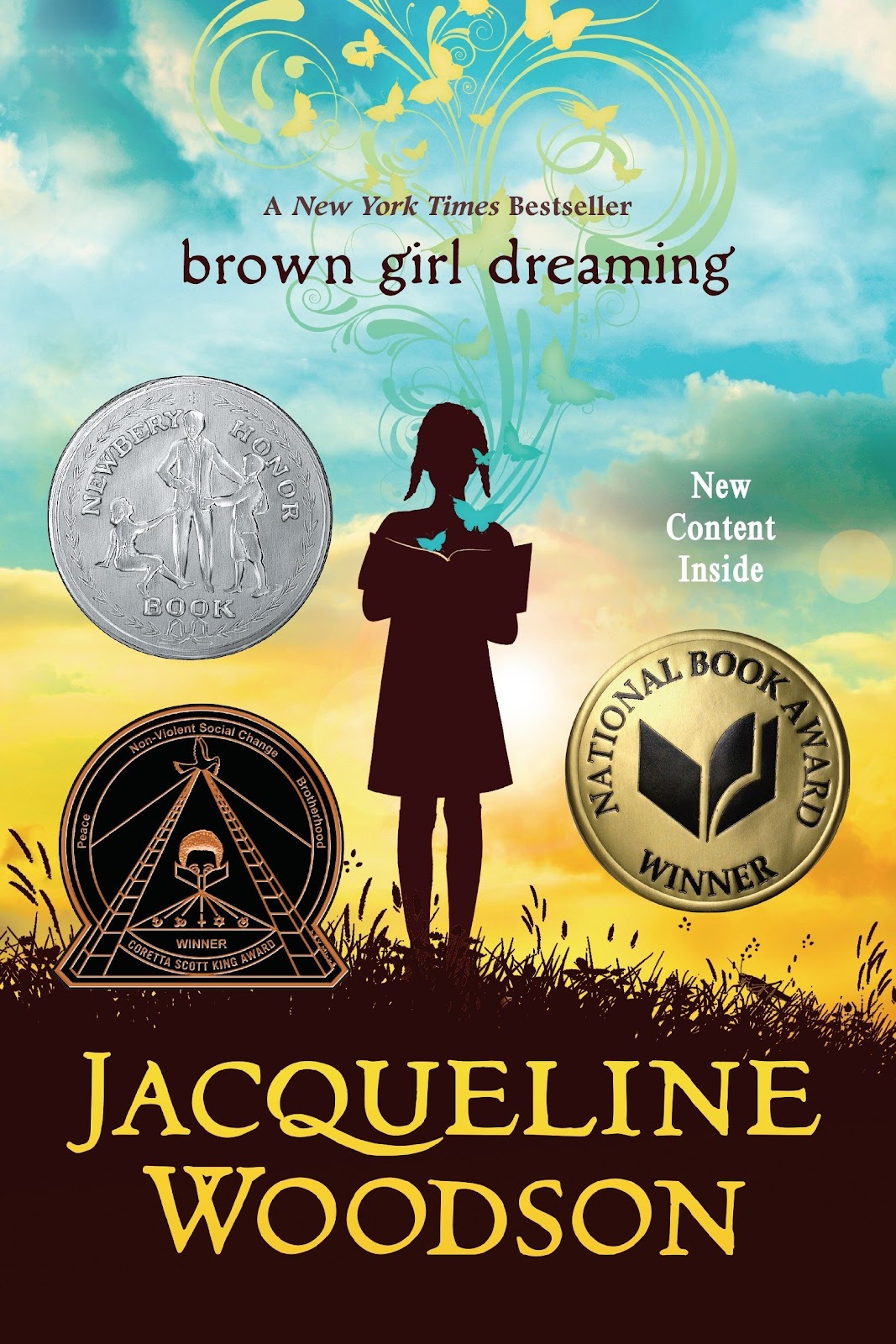 Brown Girl Dreaming:
Brown Girl Dreaming:
Written through a series of poems, Jacqueline Woodson, the author, tells her story of growing up as an African American girl in the 1960s-70s. Receiving several accolades, this book is a work of quiet magnitude.
Content Warnings*:
Death
Racism
Brutality
References to Slavery
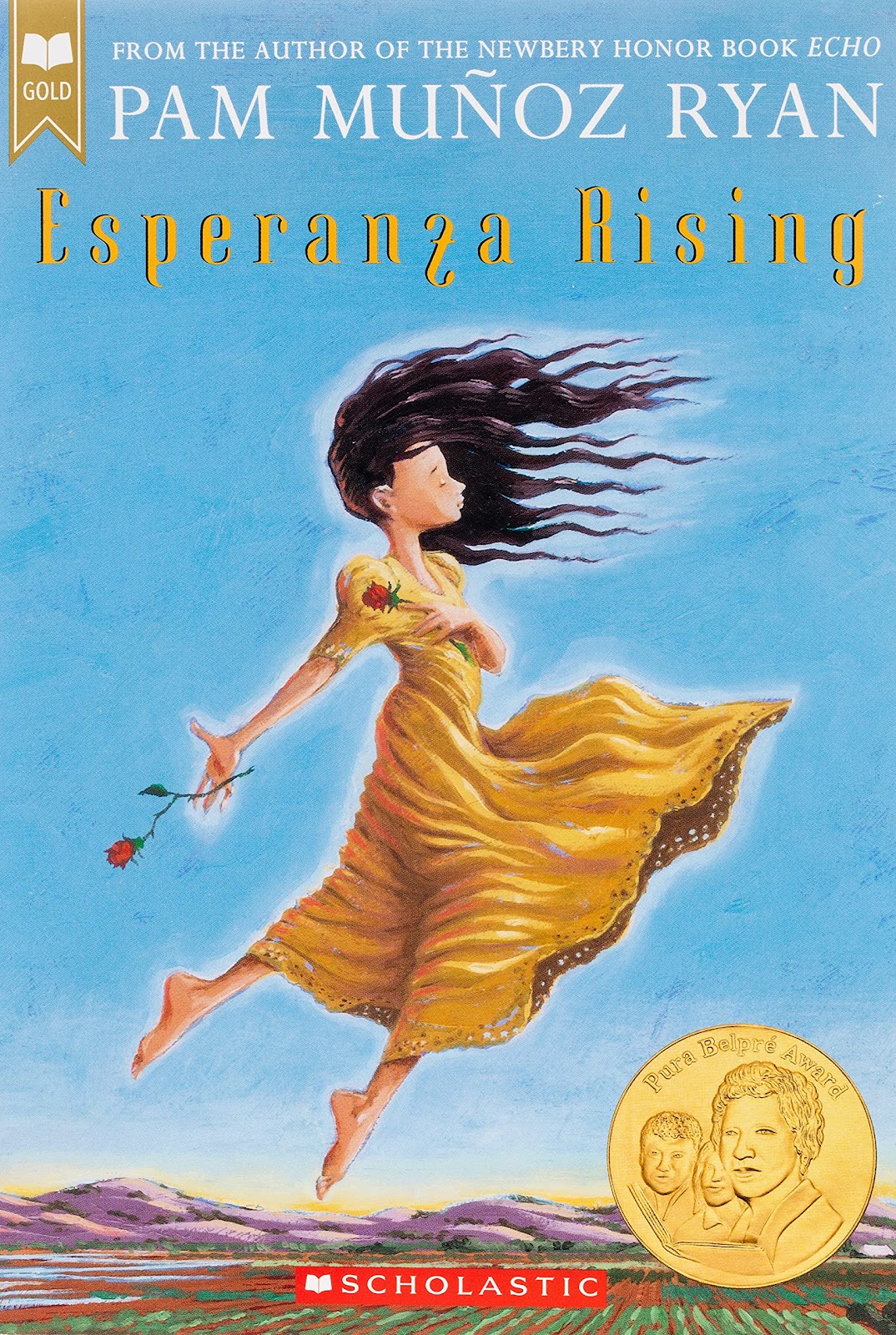 Esperanza Rising:
Esperanza Rising:
Living a privileged life in Mexico, Esperanza is thrust into a whole new world when she flees with her mother to California’s labor camps. She is unprepared for the hard work and the resilience required to live in the Great Depression’s strenuous days, where being Mexican is not a thing of pride but a setback.
Content Warnings*:
Death
Racism
 Fish in a Tree
Fish in a Tree
Though this book’s lead, Ally, is not of a different ethnicity, her story is equally important to the world of middle grade literature. Struggling to hide her dyslexia, Ally has fooled her teachers into thinking that she’s never going to make it. Except, her newest teacher sees something in her that even Ally can’t - and is willing to help her get to that point.
Note: I had my mom, a dyslexia specialist, read this book, and she apparently enjoyed it. Though this book lacks a POC lead, it is equally important to raise awareness of the struggles that aren’t limited to skin tone.
 Front Desk:
Front Desk:
A story about an immigrating Chinese family, the Tang’s are given the opportunity to run a motel and Mia Tang is convinced that once her family gets on their feet, they’ll live the American dream. Except, pretty quickly she learns that the motel owner, even though he’s Asian like them, doesn’t want them to succeed and it’s up to Mia to stand up for what she believes in and not to limit her dreams to society’s expectations.
Note: This book is the first of a series, a series I have yet to fully read. However, I really enjoyed this first book and hope that the series continues to explore more Mia’s story as an Asian-American.
Content Warnings*:
Racism
Xenophobia
Brutality
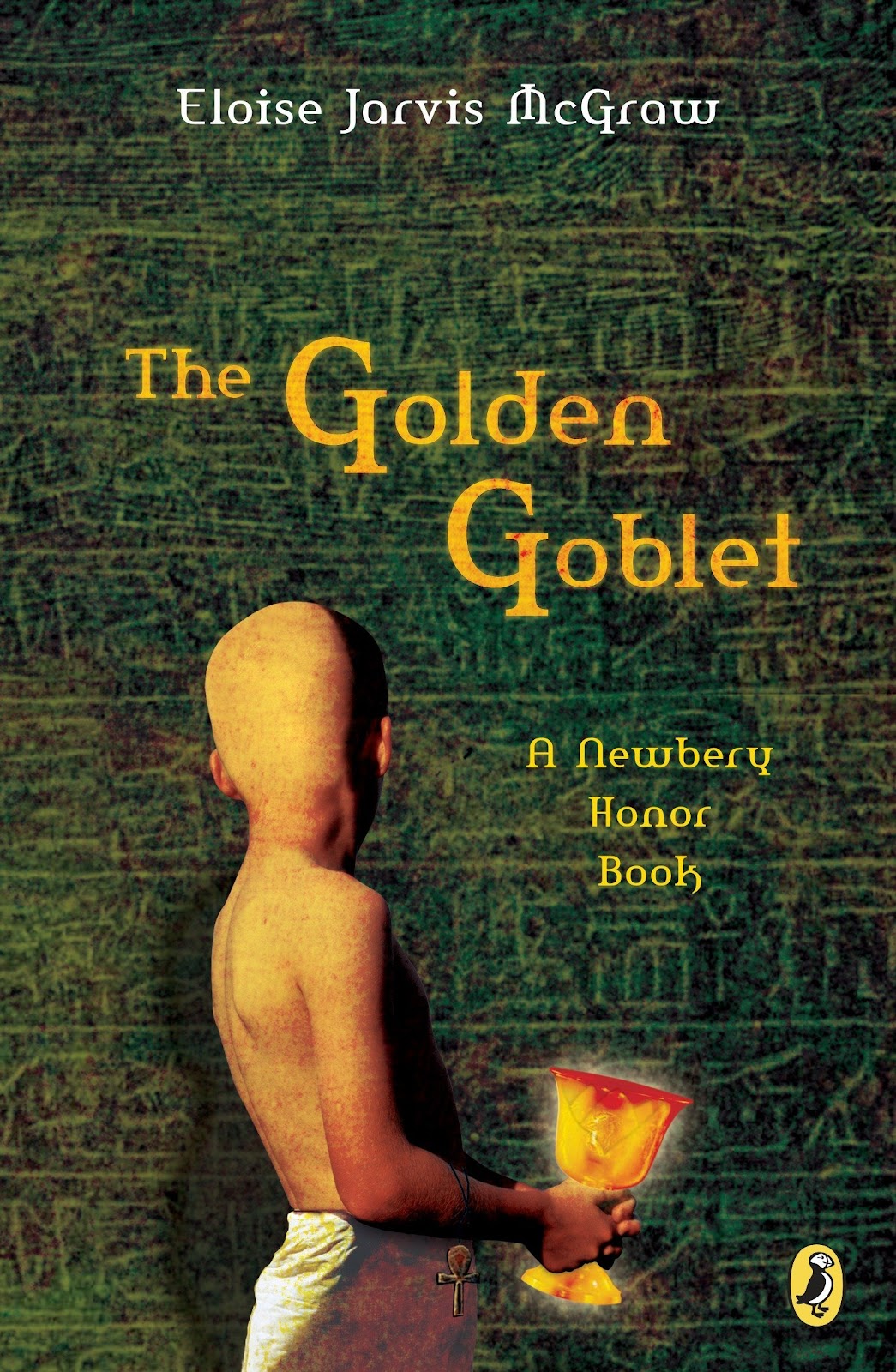 The Golden Goblet:
The Golden Goblet:
Taking place in Ancient Egypt, Ranofer is a porter at his local goldsmith shop and apprentice later at a stonecutter’s. This mystery book takes a deeper dive into the everyday life and culture of Ancient Egypt.
Content Warnings*:
Child Abuse (an abusive brother)
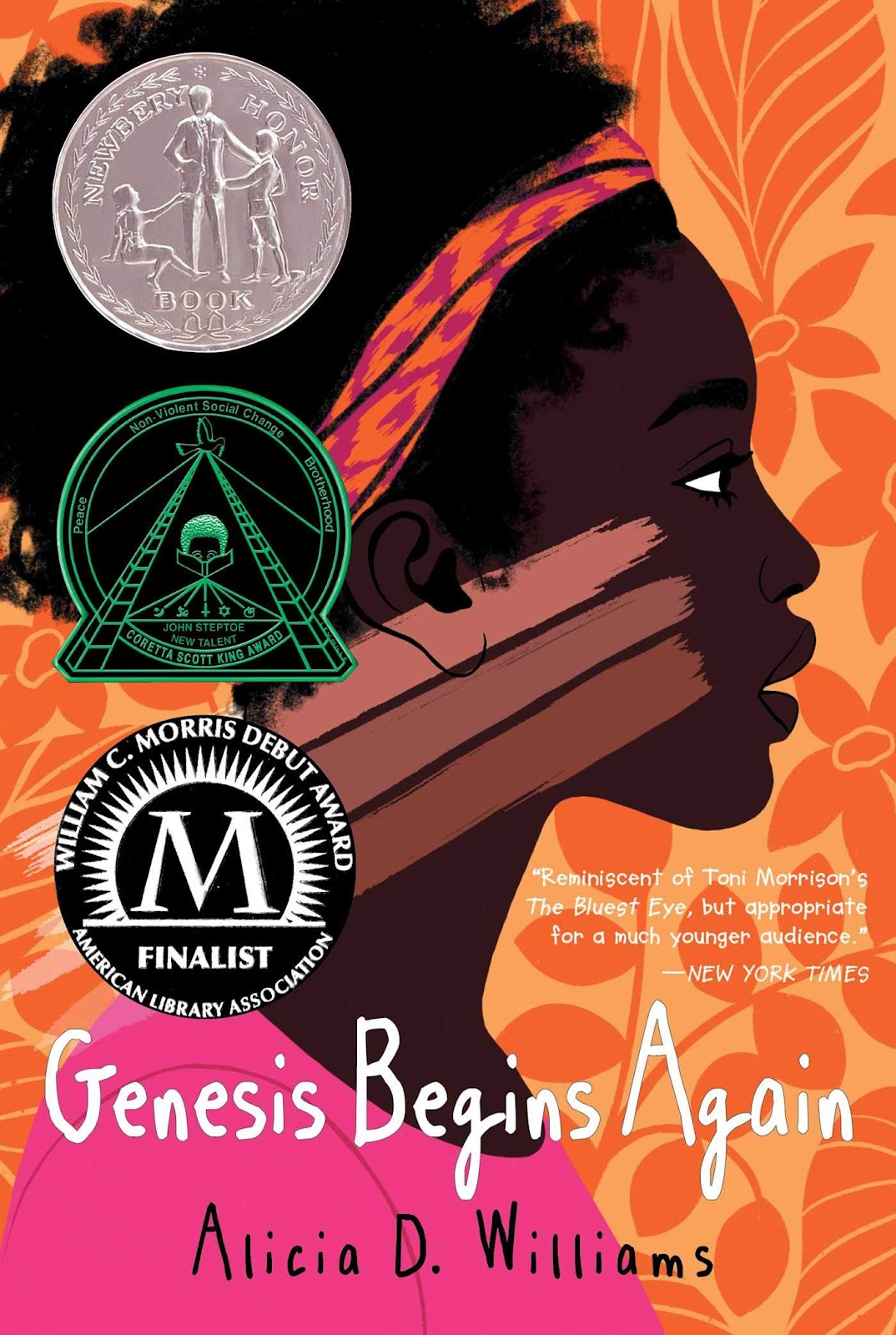 Genesis Begins Again:
Genesis Begins Again:
Genesis has a lot she doesn’t like about herself - her name, being one factor, her skin tone (why couldn’t she just be light like her mother?) and the fact that she never knows when they might be evicted from their current home. With a dad that struggles with alcoholism, her mom’s critique at everything she seems to do, Genesis hardly believes her new choir teacher that tells her she has talent. But Genesis needs a new beginning and maybe it’s right around the corner.
Note: This book is not meant to be a comfortable read. It’s about a girl who hates her skin color and uses bleaches and expensive creams to lighten her skin. She has a list of things she hates about herself and is nearing #100. It handles internalized racism heavily, and I suggest this for older readers or to be read as a group to cultivate healthy reflections.
Content Warnings*:
Alcoholism
Body shaming
Racism
 Heat:
Heat:
Michael has a seriously amazing pitching arm - notable enough to earn him a position in the Little League World Series. However, he’s hiding the fact that he and his 17 year old brother are living alone and that he doesn’t have the proper papers to participate. Except, as he fights for a place on the competitive team, he learns family can be found in unexpected corners.
Content Warnings*:
Illegal Immigration
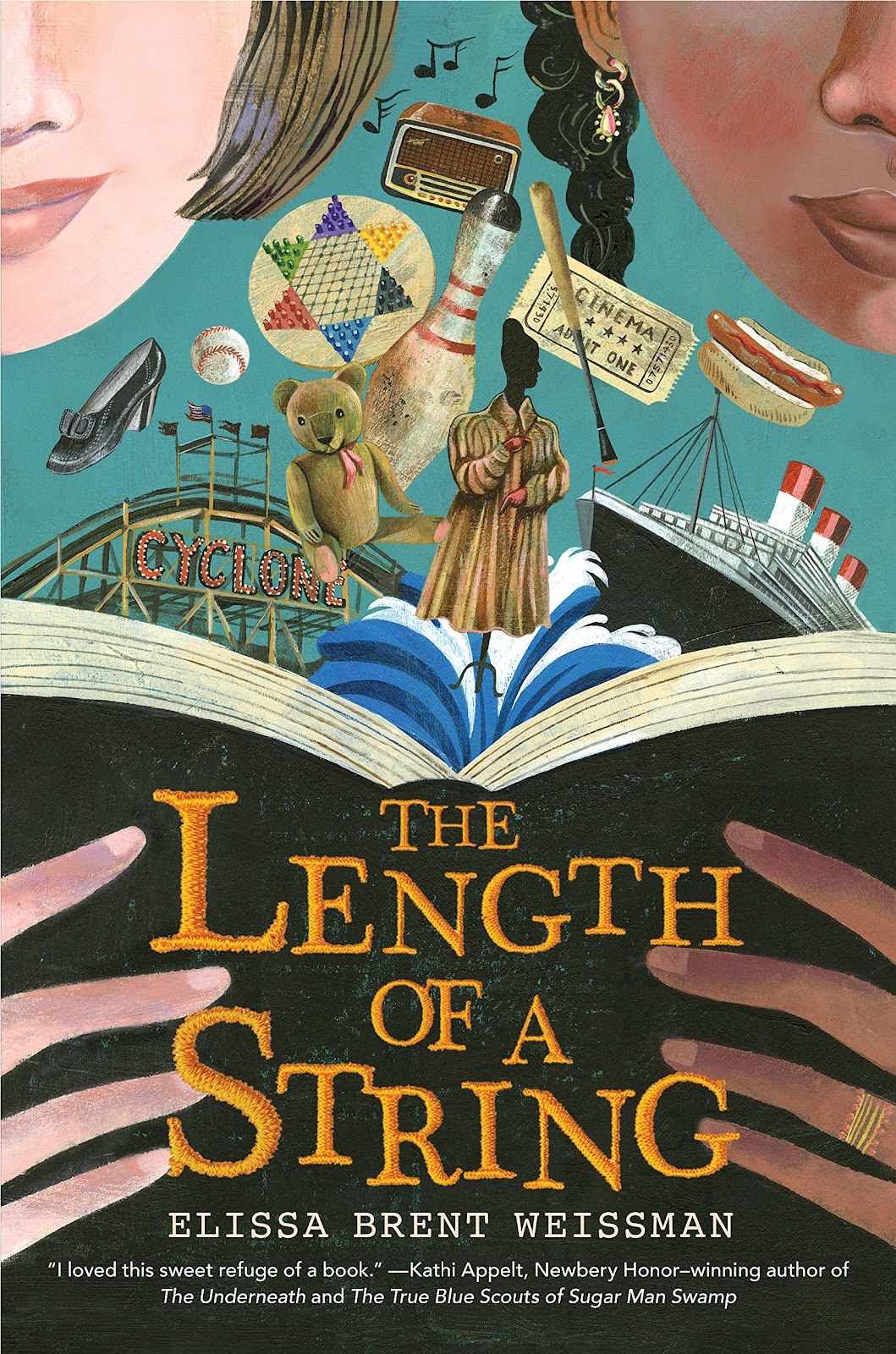 The Length of a String:
The Length of a String:
I have previously reviewed this book, and once again recommend it. This tale follows Imanni’s story about standing out in a Caucasian culture and her desire to know her adoption story. This book has one of the most unique plotlines that drives the story toward a rewarding ending.
Note: This would be my first pick if I were suggesting a book to a transracial adoptees, it’s a valuable resource for discussion
Content Warnings*:
Anti-Semitism
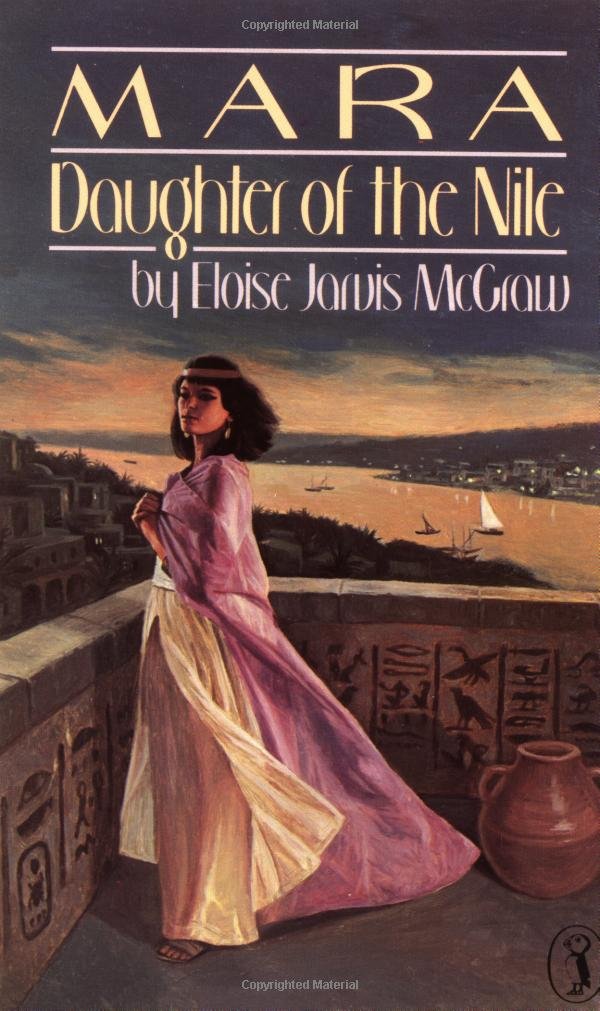 Mara, Daughter of the Nile:
Mara, Daughter of the Nile:
Written by the same author as The Golden Goblet, Mara is a young beautiful blue-eyed servant in Ancient Egypt who is sold to the pharaoh’s henchmen. With carefully arranged plans, Mara finds herself becoming a double agent and falling in love with someone with the power to expose her true nature.
Content Warnings*:
Slavery
Whipping
 Other Words for Home:
Other Words for Home:
When her home in Syria becomes dangerous, Jude travels with her mother to Connecticut with her mom seeking safety. In America Jude faces prejudice and major cultural shifts all while she must learn new customs and learn who she truly is.
Note: As a Christian, I cannot stand by Islam laws, which oppose what I believe. While this book does not delve into Islam law, it is an aspect that affects the characters. However, I feel that it is important to read other’s stories to widen our worldviews and realize that even though I disagree with a certain lifestyle, it does not permit hostility and discrimination.
Content Warnings*:
Islamophobia
Racism
Xenophobia
 One for the Murphy’s:
One for the Murphy’s:
Carley doesn't want to be with the Murphy’s - she doesn’t want the foster family’s sympathy and she sure doesn't need their support. But as she is implemented into their crazy yet loving family, Carley discovers what family should feel like and what she wants.
Content Warnings*:
Alcoholism
Domestic Violence
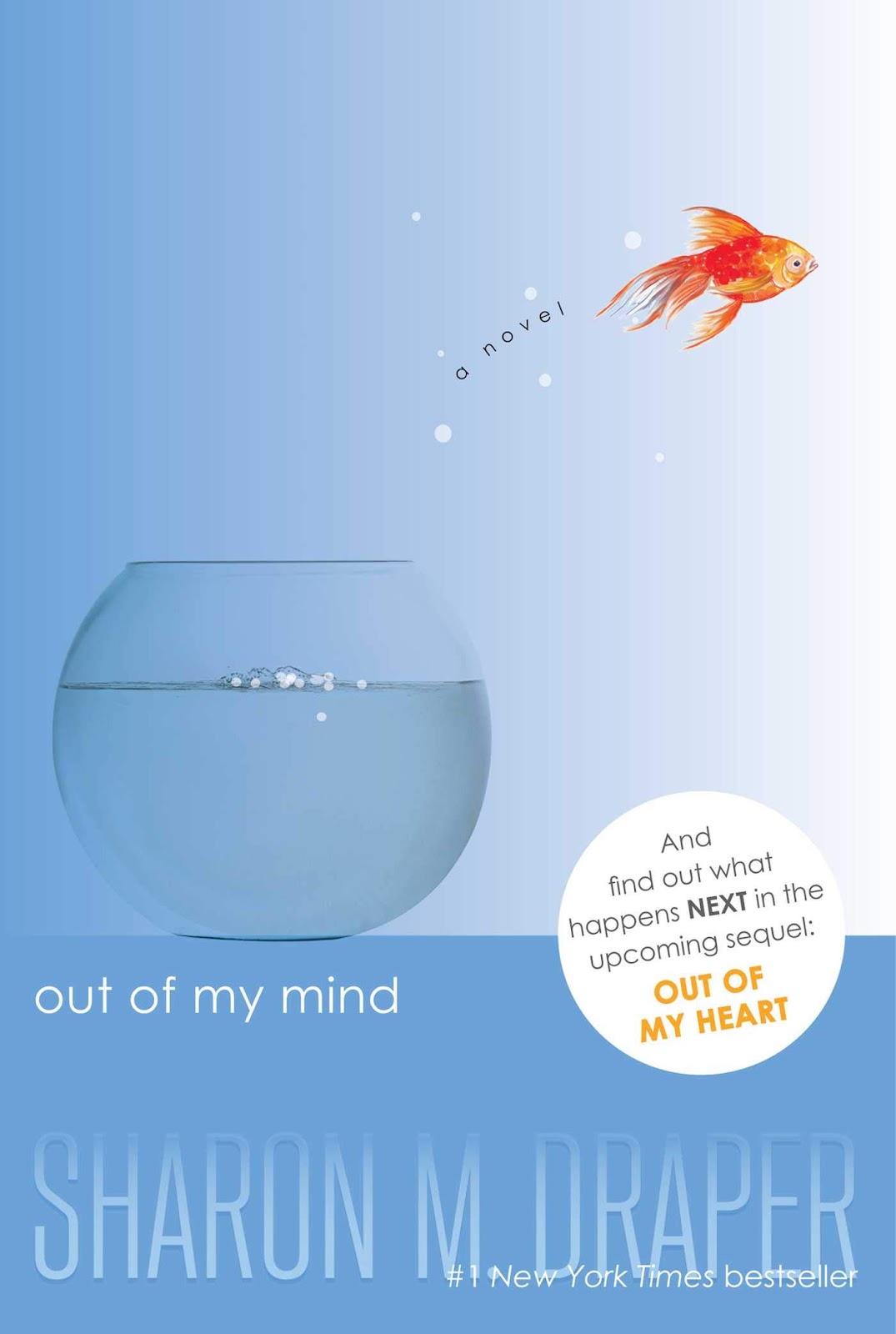 Out of My Mind:
Out of My Mind:
Melody is unique. Not because of a certain talent, but because of what she can’t do - walk, talk, and write. Held back by cerebral palsy, she is unable to express all that she observes, all that her photographic memory retains, and she’s the smartest in any room but she doesn't have the ability to show it. Until of course, she’s given a computer tailored to her needs. Suddenly, she’s got an outlet and the dictionary is her only limit.
Note: I read this book for a reading group in 4th grade. Even to this day, I remember how it drastically affected my perspective. When I talk about diversity, I don’t just mean POC’s. Discussions regarding race are important, but literary diversity means that any child can see themselves in a character or learns empathy through the characters. This book is so important to YA literature as it addresses the taboo subject of disabilities and humanizes those society so easily disregards.
Content Warnings*:
Ableism
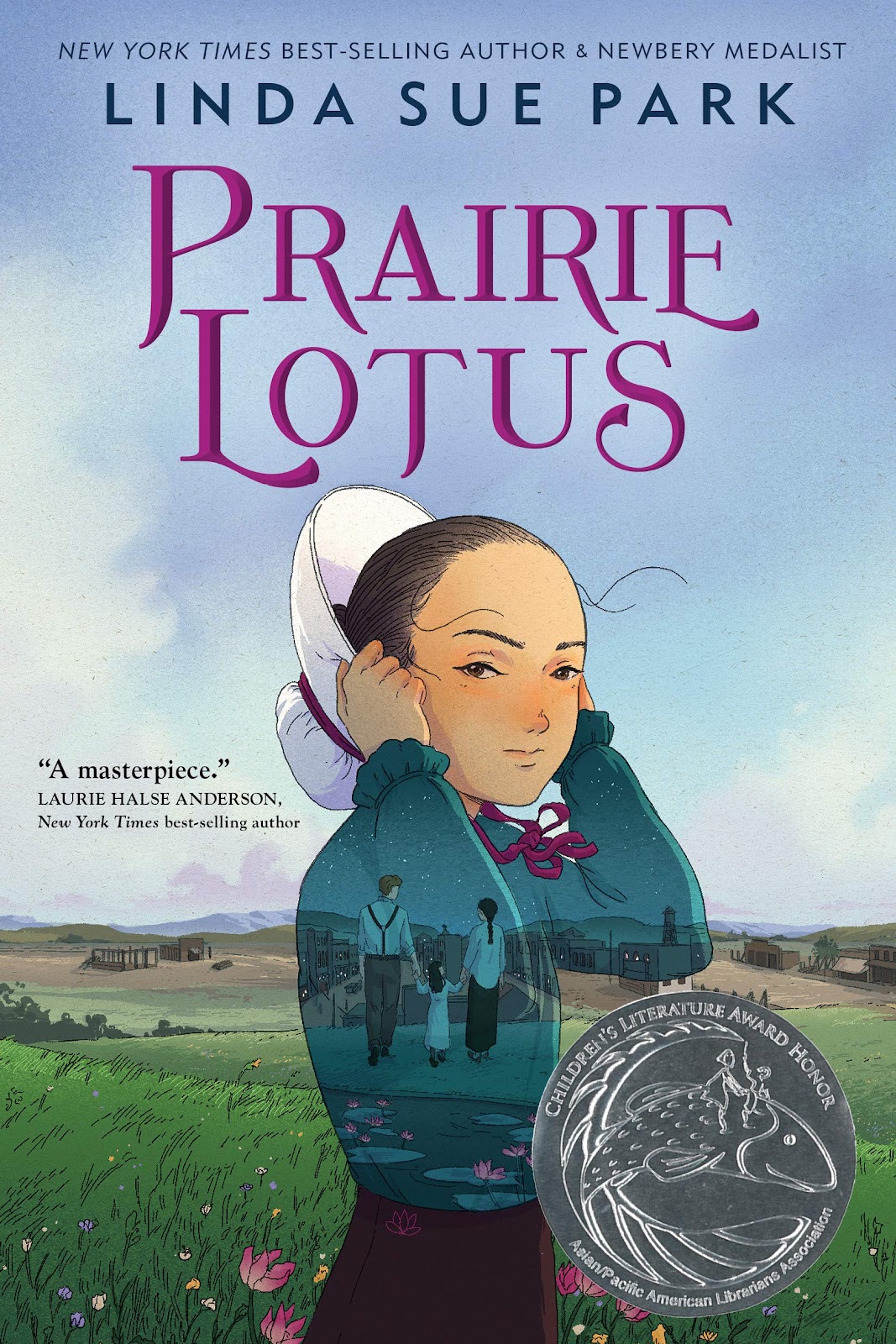 Prairie Lotus:
Prairie Lotus:
Hanna, the daughter of a pioneer, struggles to fit into all the towns she’s moved to due to being half-Asian. Along with her dreams of getting an education and opening a dress shop, Hanna faces significant challenges with bravery that challenge the prejudice of her new town.
Note: As listed in the content warnings, this book does feature a scene of assault. It is not graphic and the book is still appropriate for an adolescents, but the actions would definitely be considered sexual assault to a minor. Unfortunately, in the context provided, this type of assault would be conceivable. In no way is this book or recommendation meant to normalize or support these actions. If this is something that concerns you, please review the book further for your own comfort.
Content Warnings*:
Non-Graphic Assault
Xenophobia
Racism
 Stella By Starlight:
Stella By Starlight:
Stella lives in the Deep South - South Carolina to be exact - where she often experiences segregation. At this point, as an African American girl, she’s used to it. But when she’s exploring late at night she stumbles upon a meeting that threatens her entire community.
Content Warnings*:
Ku Klux Klan
Racism
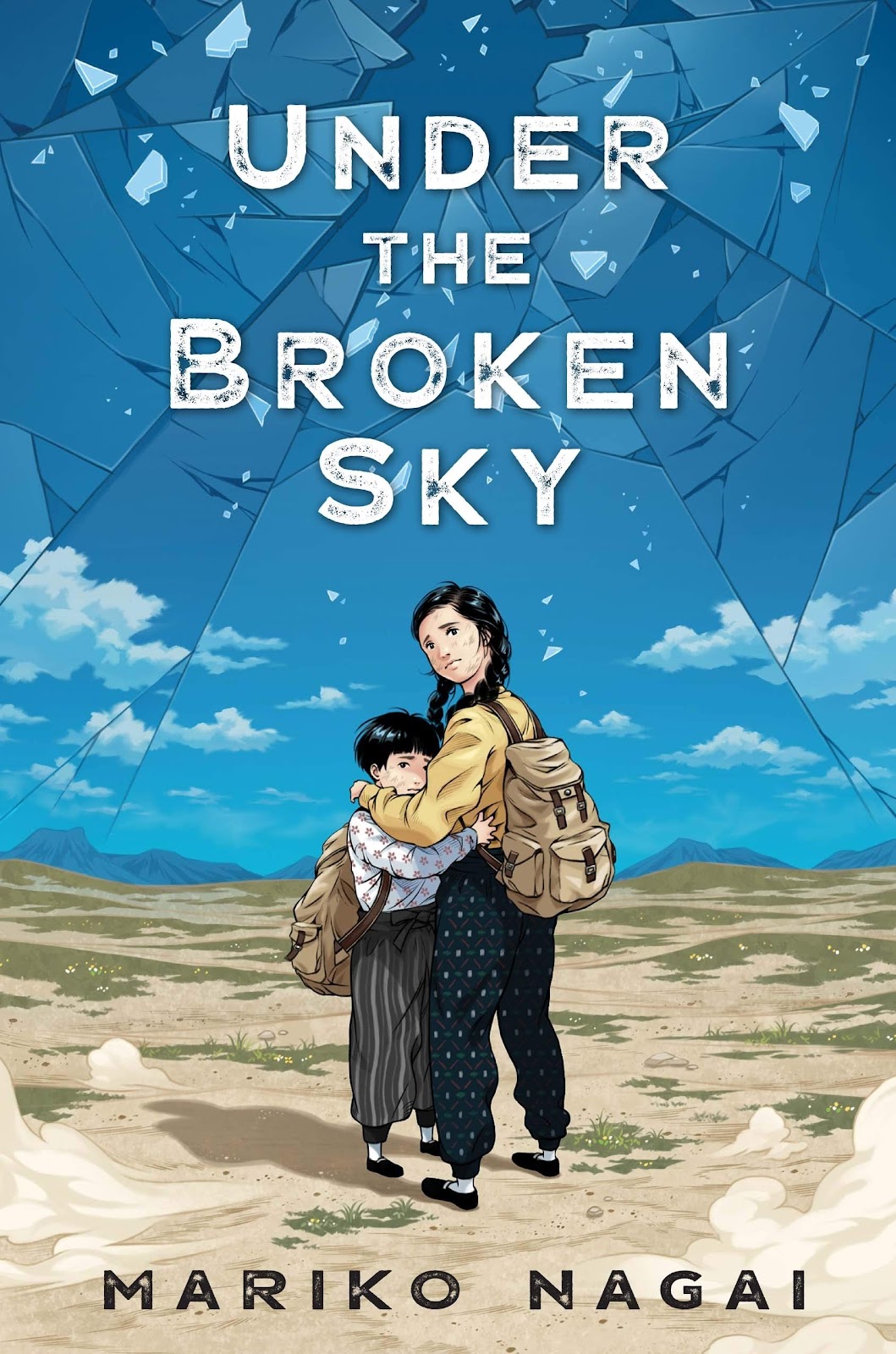 Under the Broken Sky:
Under the Broken Sky:
Exploring the effects of WWII on the Japanese, this book, written in poetry, follows two sisters who are forced to evacuate their home and Natsu, the oldest, must make hard decisions in order to ensure the safety of her little sister.
Note: I personally thought this book’s summary was misleading - most of the action took place at the last 100 pages.
Content Warnings*:
Death
Brutality
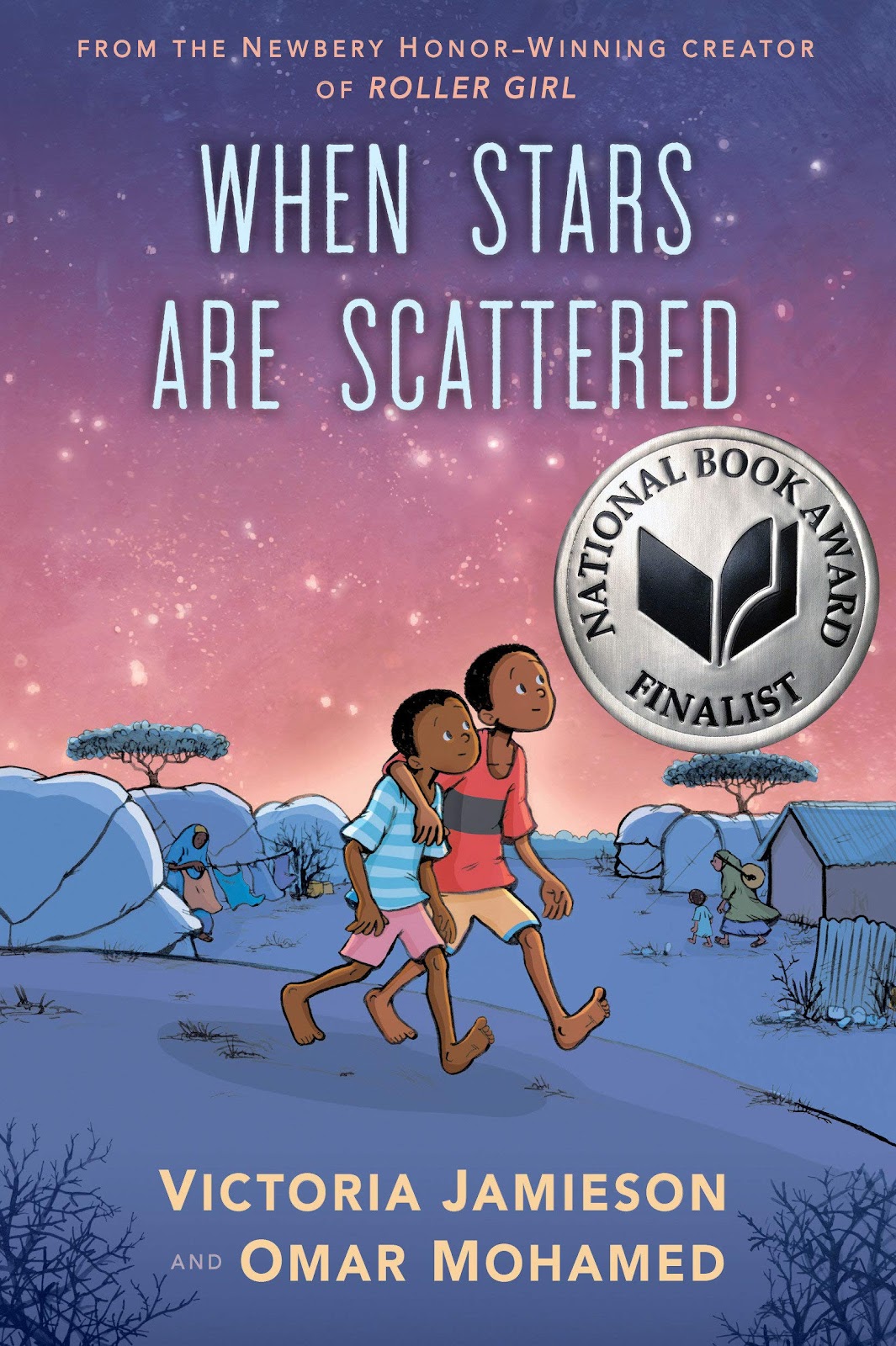 When Stars are Scattered:
When Stars are Scattered:
This stunning graphic novel tells the story of Omar and his brother Hassan, who struggles intellectually. Together they have been living as orphans in a refugee camp, waiting for a day to come when they can leave. This book, based on a true story, will challenge empathy and our definitions of what family and hope mean.
Note: As a Christian, I cannot stand by Islam laws, which oppose what I believe. While this book does not delve into Islam law, it is an aspect that affects the characters. However, I feel that it is important to read other’s stories to widen our worldviews and realize that even though I disagree with a certain lifestyle, it does not permit hostility and discrimination.
Content Warnings*:
Ableism
Arranged marriage
This list is incomplete and will be updated as I continue to widen my reading horizons.


